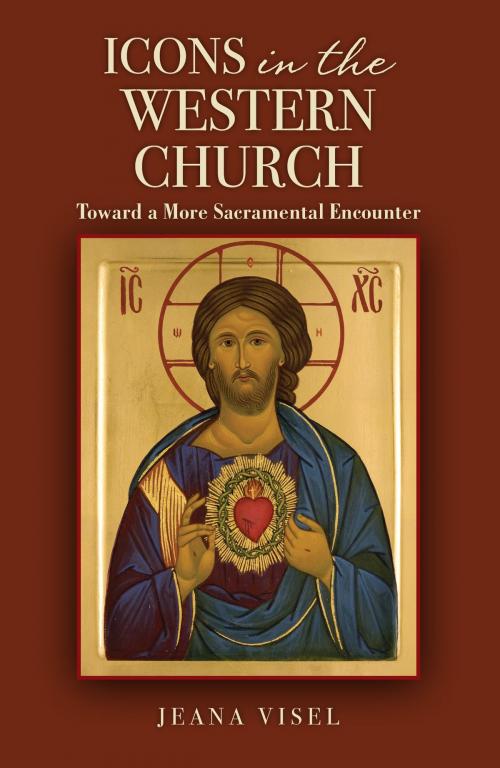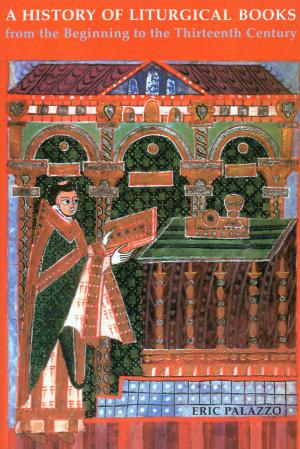Icons in the Western Church
Toward a More Sacramental Encounter
Nonfiction, Religion & Spirituality, Inspiration & Meditation, Prayer, Christianity, General Christianity| Author: | Jeana Visel OSB | ISBN: | 9780814646847 |
| Publisher: | Liturgical Press | Publication: | September 6, 2016 |
| Imprint: | Liturgical Press | Language: | English |
| Author: | Jeana Visel OSB |
| ISBN: | 9780814646847 |
| Publisher: | Liturgical Press |
| Publication: | September 6, 2016 |
| Imprint: | Liturgical Press |
| Language: | English |
Within the Eastern tradition of Christianity, the eikon, or religious image, has long held a place of honor. In the greater part of Western Christianity, however, discomfort with images in worship, both statues and panel icons, has been a relatively common current, particularly since the Reformation. In the Roman Catholic Church, after years of using religious statues, the Second Vatican Council’s call for “noble simplicity” in many cases led to a stripping of images that in some ways helped refocus attention on the eucharistic celebration itself but also led to a starkness that has left many Roman Catholics unsure of how to interact with the saints or with religious images at all.
Today, Western interest in panel icons has been rising, yet we lack standards of quality or catechesis on what to do with them. This book makes the case that icons should have a role to play in the Western Church that goes beyond mere decoration. Citing theological and ecumenical reasons, Visel argues that, with regard to use of icons, the post–Vatican II Roman Catholic Church needs to give greater respect to the Eastern tradition. While Roman Catholics may never interact with icons in quite the same way that Eastern Christians do, we do need to come to terms with what icons are and how we should encounter them.
Within the Eastern tradition of Christianity, the eikon, or religious image, has long held a place of honor. In the greater part of Western Christianity, however, discomfort with images in worship, both statues and panel icons, has been a relatively common current, particularly since the Reformation. In the Roman Catholic Church, after years of using religious statues, the Second Vatican Council’s call for “noble simplicity” in many cases led to a stripping of images that in some ways helped refocus attention on the eucharistic celebration itself but also led to a starkness that has left many Roman Catholics unsure of how to interact with the saints or with religious images at all.
Today, Western interest in panel icons has been rising, yet we lack standards of quality or catechesis on what to do with them. This book makes the case that icons should have a role to play in the Western Church that goes beyond mere decoration. Citing theological and ecumenical reasons, Visel argues that, with regard to use of icons, the post–Vatican II Roman Catholic Church needs to give greater respect to the Eastern tradition. While Roman Catholics may never interact with icons in quite the same way that Eastern Christians do, we do need to come to terms with what icons are and how we should encounter them.















